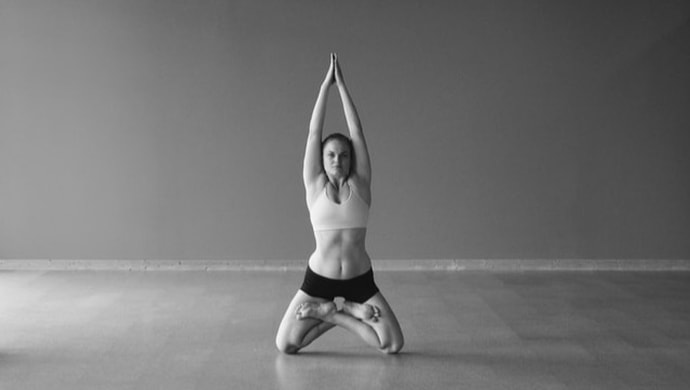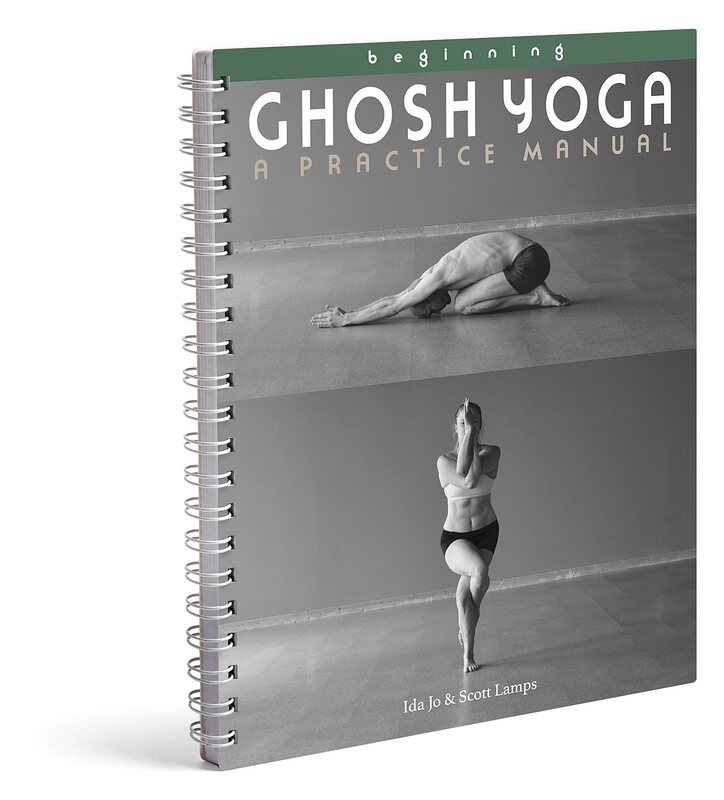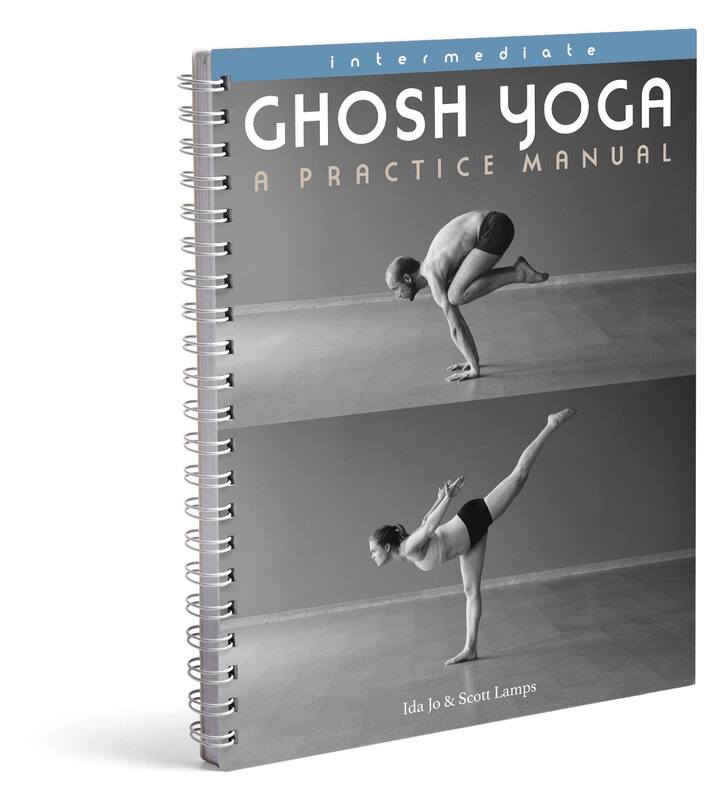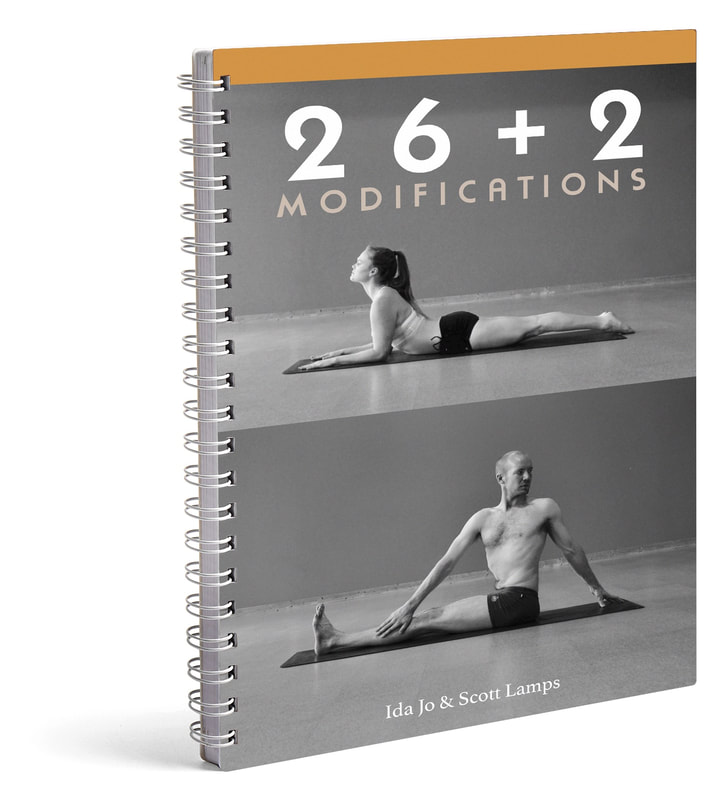|
Knowledge is power. Our understanding of the world around us and our place in it directly affects our ability to function effectively and attain happiness or success (or both), or whatever it is that we seek. As a teacher you pass information and the ability to think to your students, making them more powerful. The better you are as a teacher and the more knowledge you provide, the more powerful your students will become.
This power dynamic can create tension between the teacher and student. Many teachers are afraid of the power that the student will gain if they offer all their knowledge. Won't the student then be equal to the teacher? Or perhaps even better? So the teacher limits the knowledge they offer, only providing part of the information to prevent the student from rising too high. Or they may belittle their students, criticizing and insulting them to remind the students how low they are. This keeps the student---in the teacher's mind, at least---below the teacher. How do we avoid this? By embracing the possibility that our students will become greater than us. Hoping for it. The value of our students is not in the way they build us up, looking up to us admiringly as all-knowing gurus. The value of our students is the way they are individuals with unique experiences, minds and ability to think. Their value is the same as ours, the same as anyone's, to recognize the things that need to be done to make the world better. To have the knowledge and courage to pursue them. One of our favorite quotations is credited to Ralph Waldo Emerson, "The greatest way to honor one's teacher is to obliterate him." This contains a great lesson for the student and the teacher. The goal of both parties is the transfer of knowledge and understanding, which is not to be confused with doing things the way they've always been done. A successful student will be able to think independently of the teacher. A successful teacher will embrace and encourage that independence.
0 Comments
Leave a Reply. |
AUTHORSScott & Ida are Yoga Acharyas (Masters of Yoga). They are scholars as well as practitioners of yogic postures, breath control and meditation. They are the head teachers of Ghosh Yoga.
POPULAR- The 113 Postures of Ghosh Yoga
- Make the Hamstrings Strong, Not Long - Understanding Chair Posture - Lock the Knee History - It Doesn't Matter If Your Head Is On Your Knee - Bow Pose (Dhanurasana) - 5 Reasons To Backbend - Origins of Standing Bow - The Traditional Yoga In Bikram's Class - What About the Women?! - Through Bishnu's Eyes - Why Teaching Is Not a Personal Practice Categories
All
Archives
May 2024
|







 RSS Feed
RSS Feed